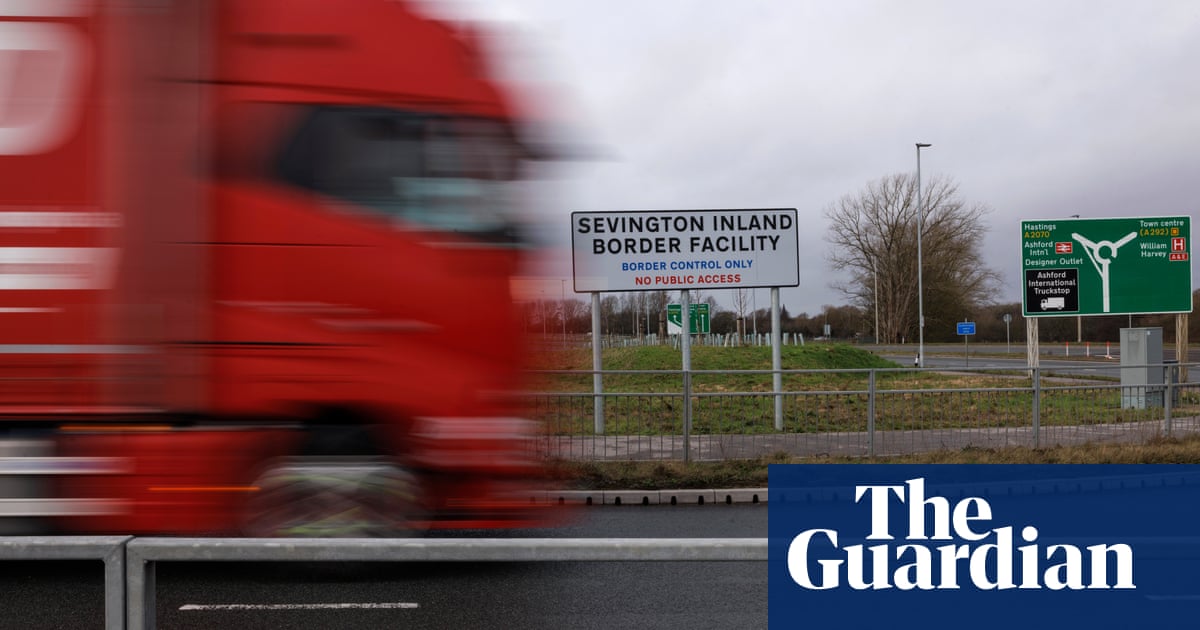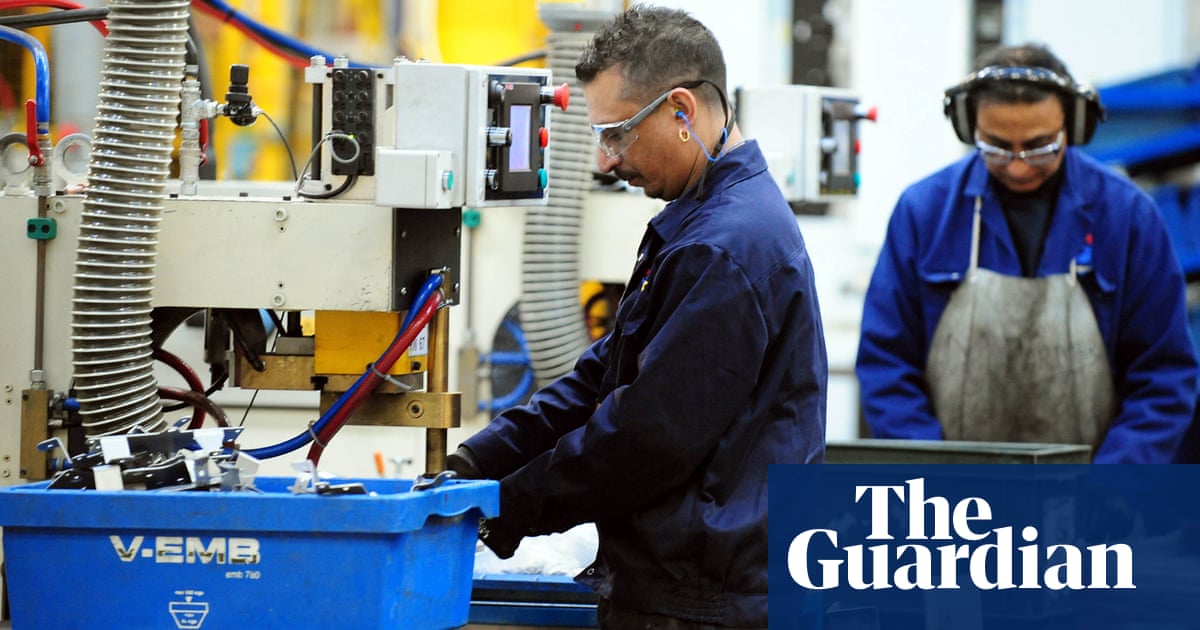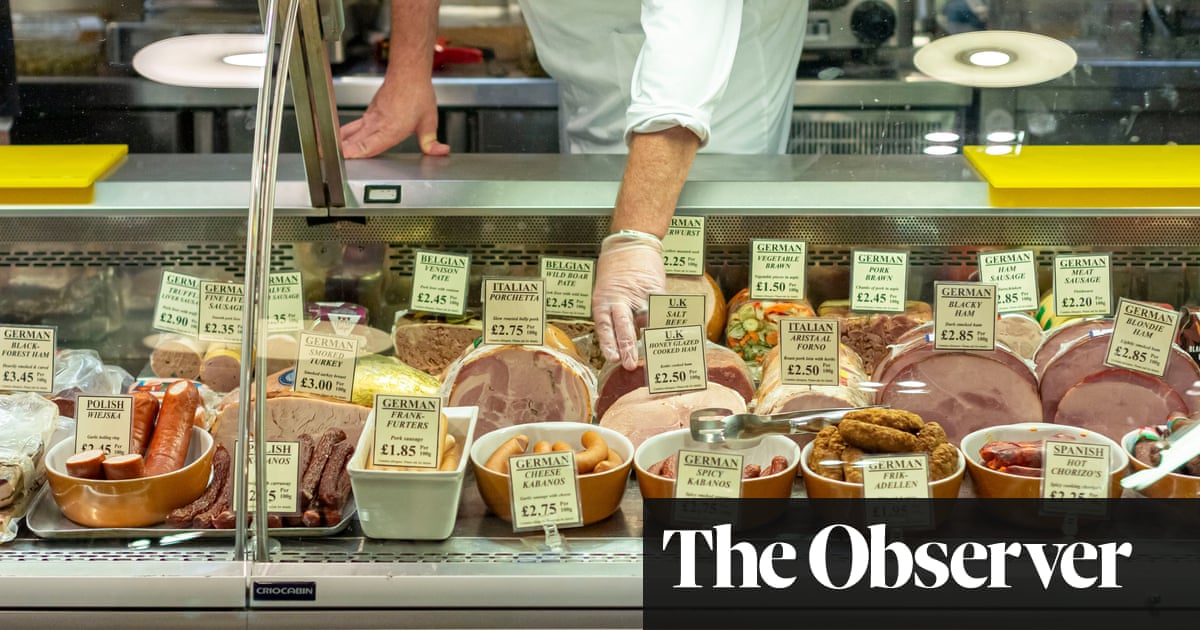
Manufacturers have warned that Brexit will add to soaring costs facing British industry, amid concerns that customs delays and red tape will rank among the biggest challenges for firms this year.
Make UK, the industry body representing 20,000 manufacturing firms of all sizes from across the country, said that while optimism among its members had grown, it was being undermined by the after-effects of the UK’s departure from the EU.
One year on from the end of the transition period, two-thirds of industrial company leaders in its survey of 228 firms said Brexit had moderately or significantly hampered their business. More than half of firms warned they were likely to suffer further damage this year from customs delays due to import checks and changes to product labelling.
According to the 2022 MakeUK/PwC senior executive survey, Brexit disruption remains among the biggest concerns facing industry bosses for the year ahead as Britain’s departure from the EU complicates the fallout from Covid-19 and the rising costs facing companies.
Delays at customs, the additional costs from meeting separate regulatory regimes in the UK and the EU, and reduced access to migrant workers were among top concerns raised in the survey.
“It is clear from these figures that Brexit and the global Covid-19 pandemic have had a scarring effect on the mentality of many businesses, which are traumatised by the ongoing delays and disruptions to their supply chains,” the report said.
The warning came as other research showed Britain’s economy was losing steam at the end of last year as the Omicron variant hit demand for goods and services.
According to analysis of leading business surveys by BDO, an accountancy firm, and the Centre for Economics and Business Research, business optimism and output growth fell in December as firms grappled with the fallout from the latest wave of Covid infections.
A separate survey by IHS Markit and NatWest found that activity dropped in 11 out of 12 regions of the UK, with a marked loss in momentum in London, and the north-east slipping into contraction.
Kaley Crossthwaite, a partner at accountants BDO, said: “Ongoing uncertainty around Omicron is providing a further blow to UK businesses which have already battled a string of supply chain issues, the threat of furtherCovid restrictions and inflationary pressures this past year.”
Despite concerns over the impact of Brexit and the Omicron variant, Make UK and PwC said that three-quarters of companies in its senior executive survey expected conditions in manufacturing to improve over the coming year.
Almost three-quarters of companies said they believed conditions for the sector would improve, with about 73% believing that opportunities outweighed the risks.
That optimism tallied with a separate survey of chief financial officers of large companies by Deloitte, another accountancy firm. The latest quarterly survey showed that a record 37% were planning on increasing capital investment in the next year. More of the companies were considering expansion into new products, services, or markets than at any time since it began in 2009.
The Deloitte poll showed that the financial executives believed that Brexit would be a significant negative for UK-EU trade and migration.
Although finding that confidence was tempered by the impact of Brexit, Covid-19 and rising costs, the Make UK survey showed two-thirds of companies regarded the UK as a competitive location for manufacturing.
Around a third of companies in the survey were also looking to “reshore” their supply chains to rely more on domestic sources following severe disruption to the delivery of international components and materials.
Make UK said that despite the challenges in the short term, the shift could represent the “possible death of the just-in-time supply chain business model”. “[That] may be a good thing for British manufacturers, who are now developing ways to ensure they are more resilient and less exposed to unforeseen international risks in future,” it added.












